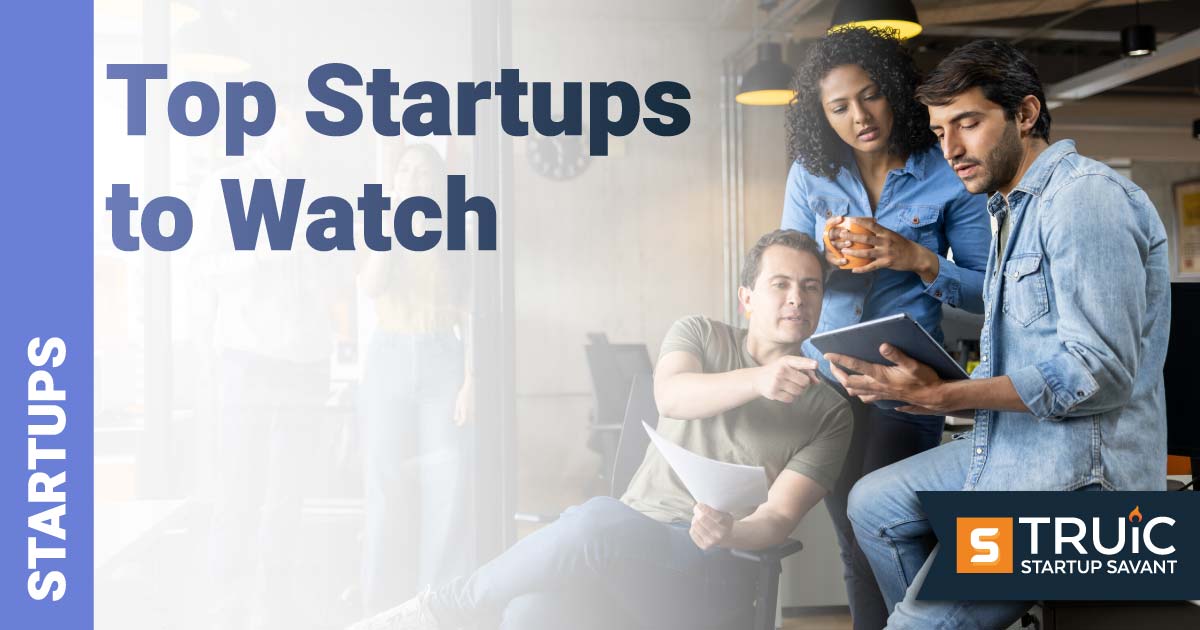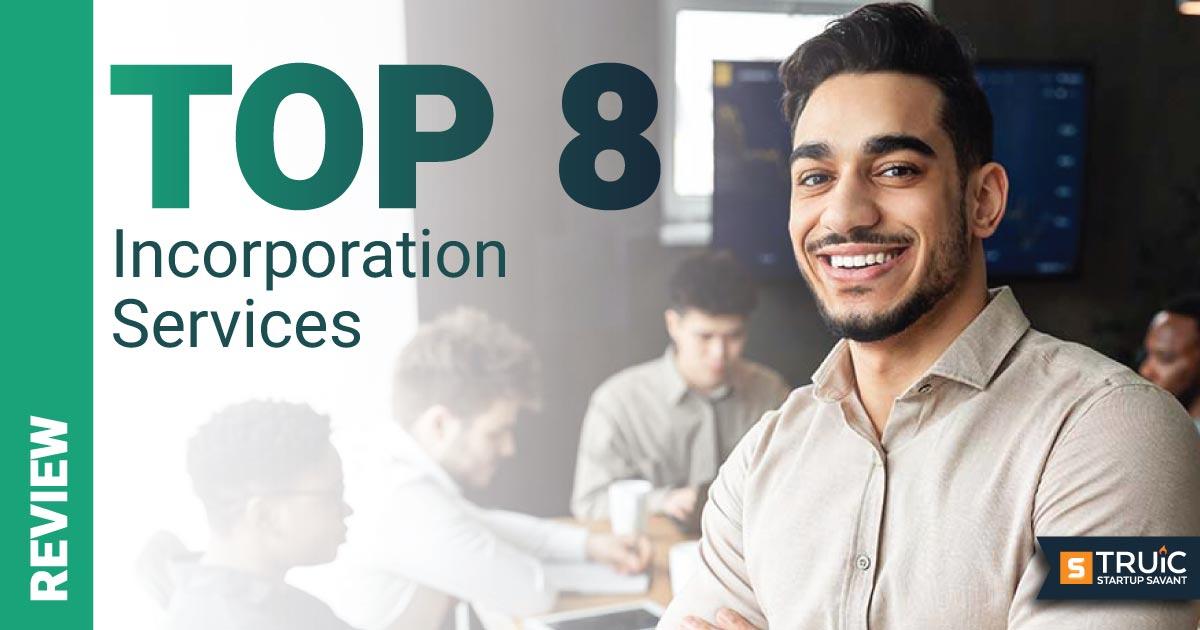Libby Wines Profile
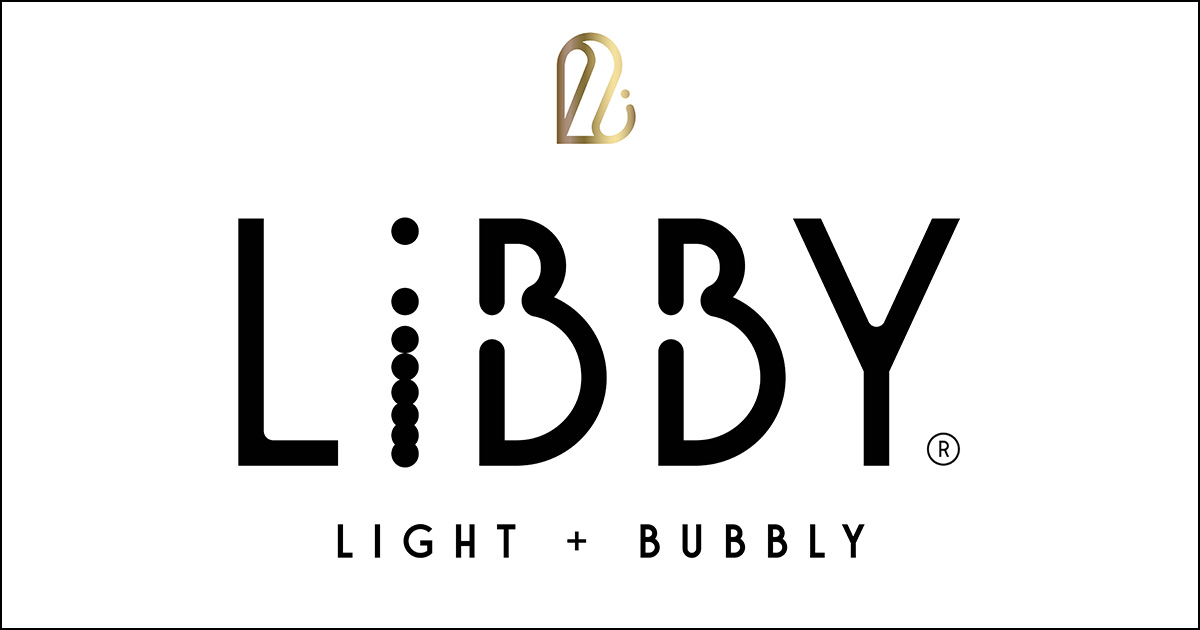
Last Updated: By TRUiC Team
Libby Wines is a low-ABV wine startup prioritizing sustainability, education, and wellness.
Interview With Grant Hemingway & John Green
Describe your product or service & the problem it's solving:
“We developed Libby to offer an entirely new wine-drinking experience to a changing consumer landscape seeking beverages that embrace authenticity, transparency, inclusivity, and wellness.”
How did you come up with and validate your startup idea? Tell us the story!
“John and Grant were connected through mutual friends and had an instantaneous synergy, both personally and from a business mindset. We spent nearly 2 years informally whiteboarding disruptive ideas in the beverage space before we arrived at a category we felt was ripe for disruption and optimization: sparkling wine. This process was both qualitative and quantitative, using industry metrics, macro consumer trends, consumer studies, and perhaps most importantly, personal experiences. The brand we now see in the world as Libby was the biproduct of our desire to create a wine that was delicious, sessionable, pure, and natural, but could also serve as a lifestyle foundation to modernize the wine industry.”
How is your startup funded, and what advice do you have for other founders seeking funding?
“Initially self-funded, and then extended into a friendly network of accredited and experience investors as well as solid banking relationships. We forecast a more formal equity round in the near future to fund growth and market expansion in wholesale. Fundraising is the most challenging aspect of start-ups. Whether you're pitching the idea to a friend or the biggest VC firm, the conviction and passion for your idea must originate with the founders.”
Feeling inspired? Learn how to launch your company with our guide on how to start a startup.
How big is your team, and what qualities do you look for when hiring new employees?
“6 [full-time] employees, and a landscape of freelancers.
One of our core values at Libby is inclusion. We want Libby to be approachable and inviting to all walks of life, and that also extends to our employees. As a start-up, we seek out employees with a true passion for our mission, a willingness and openness to learn, a versatility of skill set, and perhaps most importantly, a diversity of background, experience, and perspective.”
Who is your target market? How did you determine this, and what strategies did you use to reach and engage them?
“Our hypothesis pre-revenue was a bullseye of female 25-40 based on categorical and experience within the segment. We elected to launch in a native digital fashion for the first 9 months prior to expanding into wholesale so we could validate our target demographics. The beauty and power of e-commerce and digital is really gaining a solid validation and understanding of who your core consumer is, and why they are inclined to support and purchase your product. To test and learn, we deployed a host of tactics, from A / B testing to social targeting to brand collaborations to community engagement to media outlets.”
What's your primary marketing strategy?
“At present, social is our primary marketing strategy. As we mature within the wholesale channel, we will start to activate IRL and localize our marketing efforts to customize the campaigns by region, by metro, by segment.”
What has been your most successful marketing campaign, and why do you think it worked so well?
“Early days, our most successful marketing campaigns have come through brand collaborations. We continue inbound/outbound to like-minded brands with shared values and shared audiences to build awareness around Libby. We like brand collaborations because it taps into an existing community of loyal engaged followers and if done correctly, can provide huge boosts in awareness, engagement, and purchase.”
What do you consider to be your company's biggest competitive advantage, and how do you maintain it?
“Focus. We believe that Libby has incredible runway, but in our category, we face significant challenges from wholesaler and retailer prioritization, corporate entities with large capital backing with a roster of employees and years of experience. These same enterprises also have huge portfolios with varying levels of prioritization. At Libby, we're 100% focused on making our light + bubbly wine a mainstay in restaurants, stores, and refrigerators and every ounce of effort and resource we have goes into driving our passion and story forward.”
What were the biggest challenges you faced in the early stages of building your startup, and how did you overcome them?
“Supply Chain. We launched Libby in the middle of the pandemic. The global supply chain was still reeling from shutdowns. Fortunately, we had experience within the industry network and persistence to find the right vendors, but the stories about glass delays or label adhesion or co-packing concerns or corrugated flute issues, etc.
Forecasting. With every new idea or start up venture, the proforma becomes a daily tool to reference and tinker as you start to pressure test your business. We have been able to preach patience and maintain course because of proper capitalization of the business, which allows our forecasting to get tighter and more accurate with each day.
Additionally, and this may or may not be unique to alc bev wholesale, but the 3-tier system is extremely challenging to activate and with any sense of motivation and urgency. We have overcome this by aligning with partners who have a shared enthusiasm for the mission and goals of the brand.”
What is something that surprised you about entrepreneurship?
“The thrills! Its such a roller coaster of highs and lows but building something from scratch and experience the customer appreciation or the retailer commitments are always worth it.”
What is your #1 piece of advice for startup founders?
“Build a team of people (internal or external) that come from diverse backgrounds, are not afraid of confrontation, who truly believe and are steadfast in their passion for the brand and embrace and appreciate startup culture.”
Tell Us Your Startup Story
Are you a startup founder and want to share your entrepreneurial journey with our readers? Click below to contact us today!
More on Libby Wines
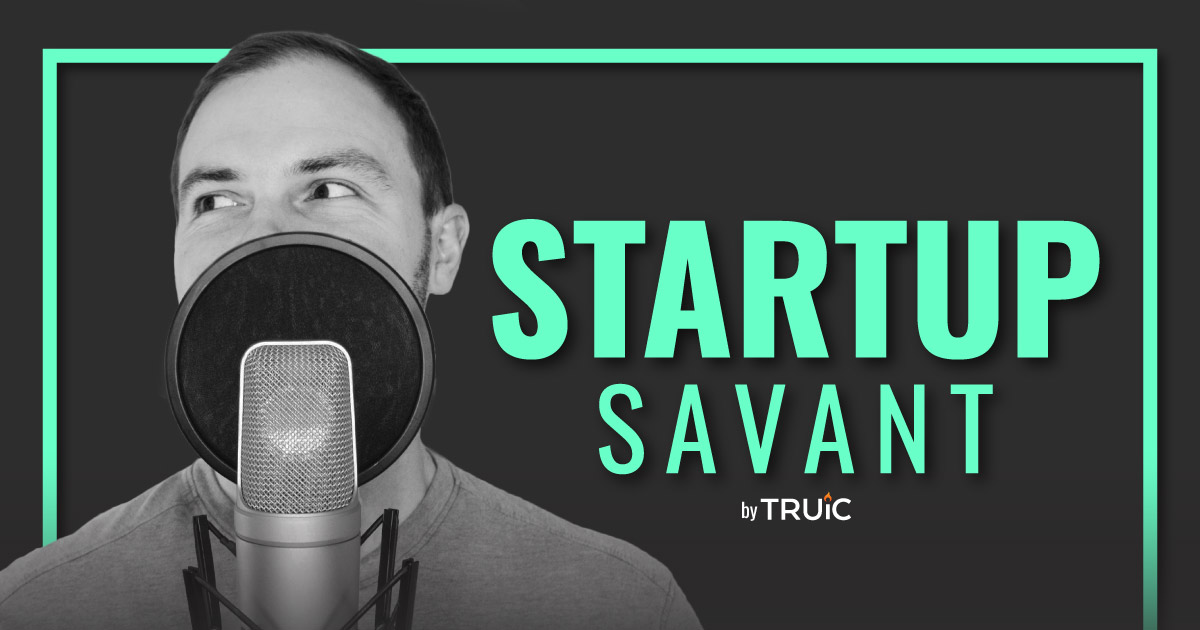
Is the Sober-Curious Movement Here to Stay? With Libby Wines
The co-founders of Libby, John Green and Grant Hemingway, join the podcast to discuss the rise of sober-curious culture and scaling a beverage brand.
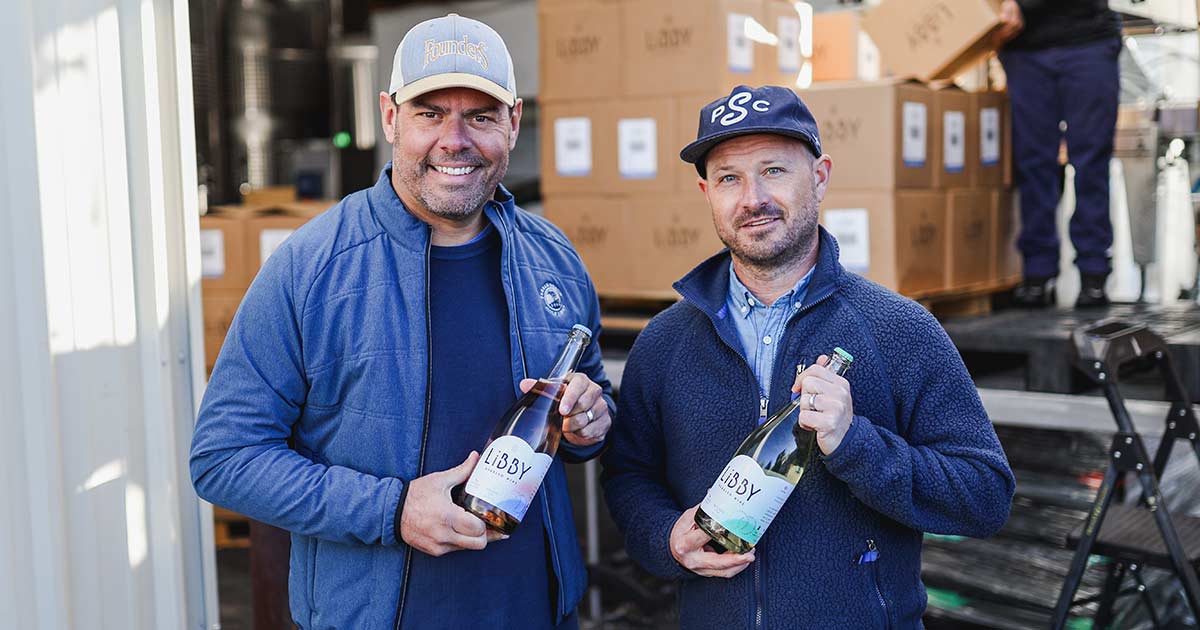
A New Wine-Drinking Experience
Grant Hemingway and John Green set out to create a better-for-you wine experience with Libby, the low-ABV wine startup.




